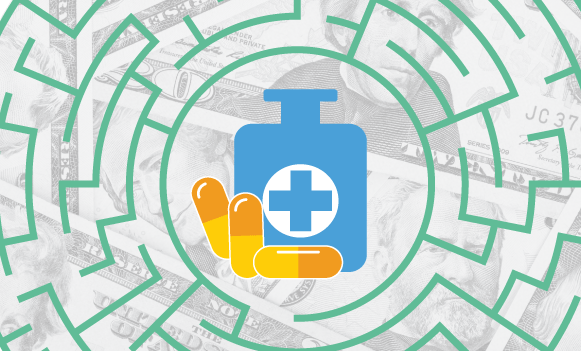White Paper
Our work in White Paper
-
Health Technology Assessment for the U.S. Healthcare System
A white paper from the USC Schaeffer Center-Aspen Institute Advisory Panel on health technology assessment in the U.S. Experts explore how to better link the price of health technologies to the benefits they provide to patients while ensuring a sustainable healthcare ecosystem that supports innovation.
Categorized in -
The Association Between Drug Rebates and List Prices
Drug rebates and list prices are positively correlated: On average, a $1 increase in rebates is associated with a $1.17 increase in list price.
Categorized in -
Georgia’s 1332 Waiver Violates the ACA and Cannot Lawfully be Approved
Christen Linke Young and Jason Levitis explain why Georgia’s 1332 waiver would fail the affordability guardrail and is based on several assumptions.
Categorized in -
Hospital System Participation and Hospital Spending
Most hospital systems span across markets and states with higher system participation were more likely to have below median per capita hospital spending.
Categorized in -
State Drug Pricing Transparency Laws: Numerous Efforts, Most Fall Short
166 recently enacted prescription drug pricing laws were analyzed to identify those that contained price transparency measures. Of these, 35 bills in 22 states include a transparency component, but only 7 were deemed to be informative.
Categorized in -
Value-Based Contracting in Healthcare: What Is It and How Can It Be Achieved?
Value-based contracts must incentivize the clinical decision maker, usually the physician, to allocate treatment based on both price and value. Changing certain elements in the financing system could create an environment for successful value-based contracting without having to reform the entire system.
Categorized in -
Three Ways to Make Health Insurance Auto-Enrollment Work
Successful auto-enrollment likely requires changes to the way we determine eligibility for Medicaid and Marketplace financial assistance, to make the system easier to navigate and more generous, writes USC-Brookings Schaeffer Initiative Fellow Christen Linke Young.
Categorized in -
State Approaches to Mitigating Surprise Out-of-Network Billing
Schaeffer Initiative researchers explore why surprise out-of-network billing occurs and how federal and state governments can respond to eliminate these surprise bills and reduce inflated health care costs.
Categorized in -
Effects of Weakening Safeguards in the Administration’s Health Reimbursement Arrangement Proposal
Researchers from the USC-Brookings Schaeffer Initiative for Health Policy discuss the negative effects of allowing firms to subsidize the purchase of individual market coverage and why the associated costs are likely to outweigh the benefits to employers and their workers.
Categorized in -
Evaluating the Administration’s Health Reimbursement Arrangement Proposal
Schaeffer Initiative experts describe the recent proposed rule by HHS that would loosen the rules governing Health Reimbursement Arrangements and its likely effects on insurance markets, employers, workers, and Marketplaces.
Categorized in









